Small town Ashdown, Arkansas. John Moore
You learn things when you grow up in a small town. Things you don’t learn if you grow up anywhere else. Things that are special.
I was born in a small town. But I didn’t stay. I left for the same reasons other folks leave their hometown. Education, better jobs, and the perception of more fun.
You don’t think about what you give up when you leave a small town. Things that cost nothing but are worth a lot.
Ashdown, Arkansas, was like every other community in the US during the time when John F. Kennedy was president. That’s when the Good Lord decided I would make my debut. It was a great time to arrive. America had been on the winning side of World War II and was enjoying what belongs to you when you come out on top.
Dominance.
America was riding high in ideas. Ideas that turned into manufacturing. Manufacturing that turned into money.
Back then, even those in a small town could make decent money. Jobs were plentiful. People wanted to work.
Manufacturing was common just about everywhere. Ashdown had a plant that made women’s undergarments. Another plant that made paper. The former paid a living wage. The latter paid very well.
Folks who’d grown up with extremely humble beginnings began to not only have what they needed, they had what they wanted.
It’s easier to be happy when your needs are met.
People wave at each other in a small town. There’s the lifting of the fingers from the steering wheel as you pass someone. That means, “Hey.” Lifting your entire hand from the steering wheel and waving means you’re good friends, or kin.
Tilting your head back while passing someone is the way men greet each other on the road in a small town. Lifting your head and tilting it towards the side of the road means, “Hello, and pull over. I need to tell you something.”
Before air conditioning, in a small town people might stop and go into your house to close the windows if it’s raining. Even if they don’t know you.
People give directions in a small town by landmarks, not by streets. “Turn left at the ESSO station, and then a right at the old Russell place.” Even though both the ESSO station and the Russell place have been gone since the Truman Administration.
In a small town people know your business. Not because you tell them, but because they make it their business to know your business. Gossip is currency. And people spend it freely. There are few secrets in a small town.
But knowing each other’s business helps folks in a small town take care of each other. If someone’s broke or hungry, the rest of the town will come together to help them out without making them feel embarrassed about it. It’s not a handout. It’s a lift up.
People in a small town watch out for the children. All of them. Heaven help anyone who gets crossways with folks because of something they’ve done to wrong a child.
Schools in a small town focus on a good education. Reading, writing, and arithmetic. Kids in a small town may leave, but they’ll leave with all three. No child left behind isn’t a phrase used for political gain, it is a given.
In the big city, the same Timex that shows you’re late, will almost always show you’re early in a small town. The streets are shorter and the folks are closer.
People drive earlier in life in a small town. You learn to drive a tractor and a hay truck when you’re 10 or 12. Driving the Buick to the Piggly Wiggly at 14 may not have been exactly legal, but most folks didn’t exactly care. They too were sending their 14-year-olds to the Piggly Wiggly.
For small-town younger people, driving in a city is like Christmas. The roads are longer and folks are further apart. It seems more appealing.
So is going off to college. So you go. And you enjoy it. For a bit.
When you leave a small town, you never get used to the faster pace, more traffic, and deadlines. But you think that you do. So you stay after college. You find work, build a house, and raise a family.
But along the way, you miss where you grew up. Something that you notice more when you go back home. The Timex slows down. So do you.
After retirement, if you’re lucky, you can move to a small town. Maybe the one where you lived before. If you didn’t grow up in a small town, you might choose one to finish out your days. There are many reasons to make that choice. All of which are valid and your own.
But a big reason to move to a small town is that they’re like family. And family’s stick together.
If you go back to where you grew up, you’ll pick back up right where you left off. If you don’t know everyone when you move there, you soon will.
As for that Timex, you might just decide that you don’t even need it.
Enjoying this column? Want more stories like this? We need you to support local journalism and your local newspaper by subscribing to The Wylie News today!
By John Moore | thecountrywriter.com

![WIA_CSMedia_300x250[6] NTMWD 2025 Summer](https://wylienews.com/wp-content/uploads/2021/11/WIA_CSMedia_728X907.jpg)
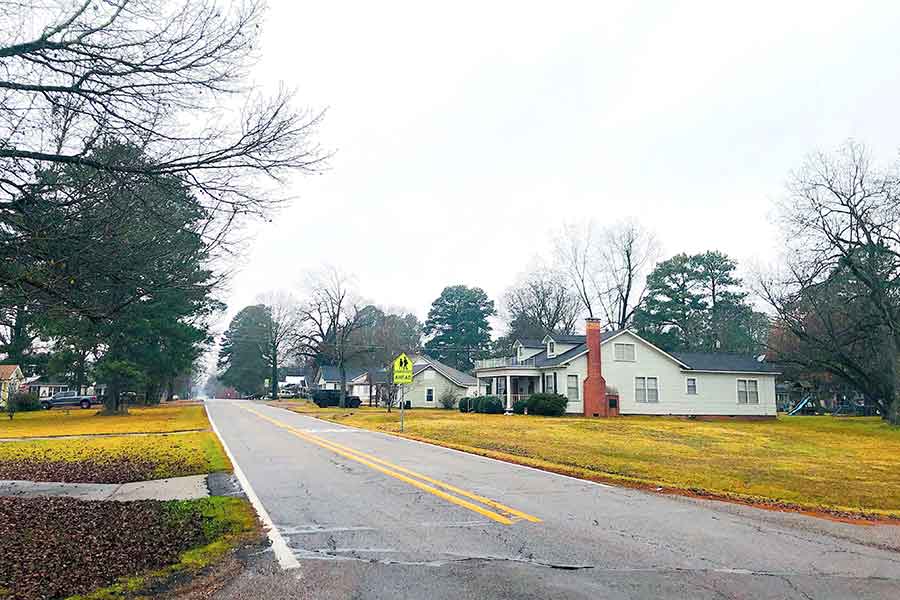




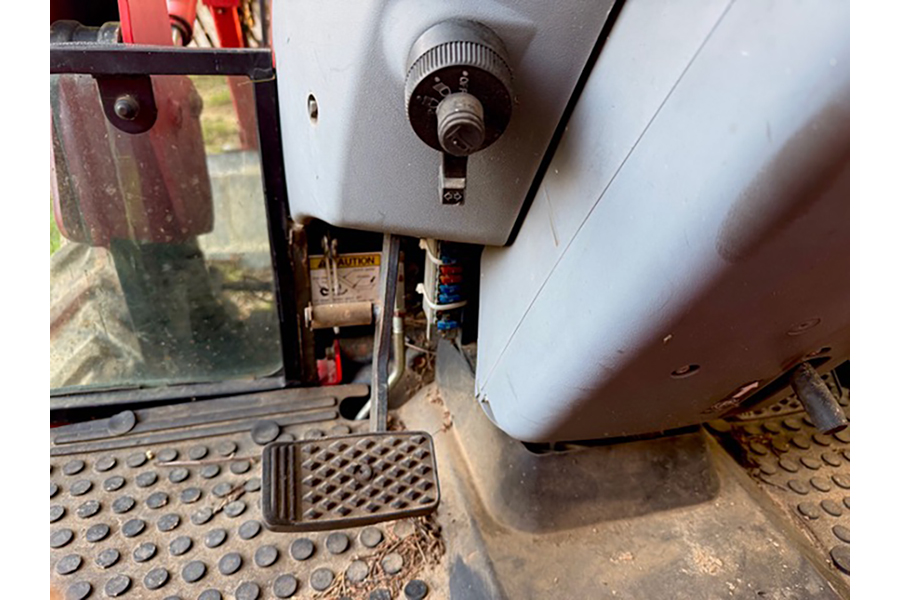
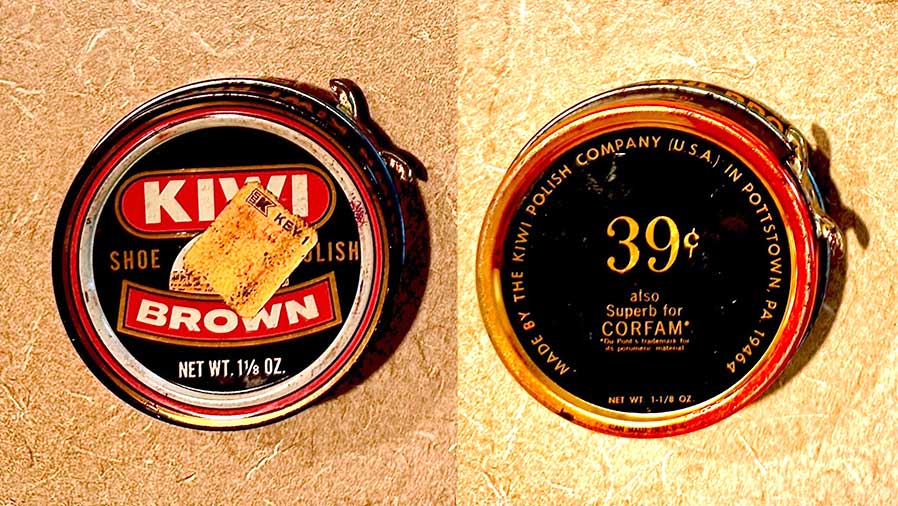
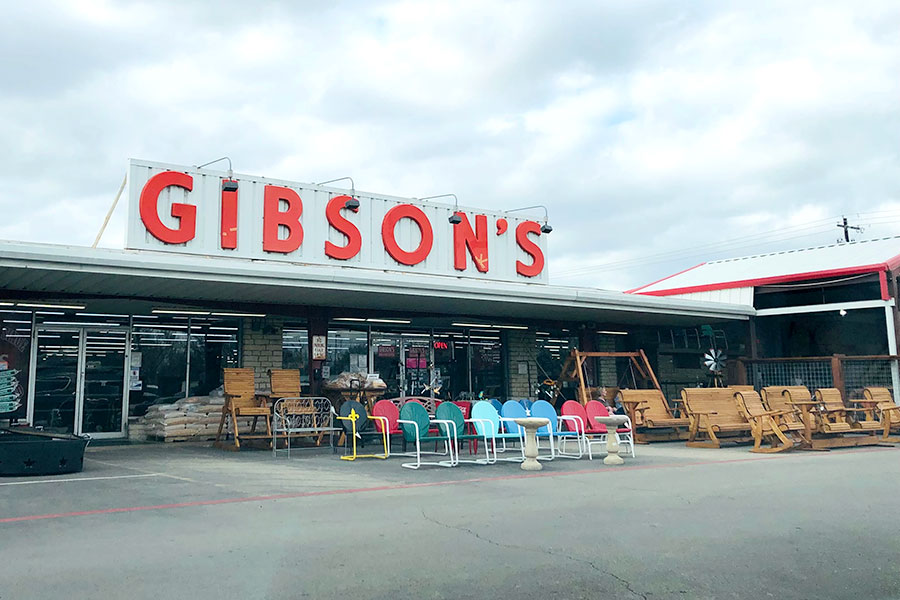



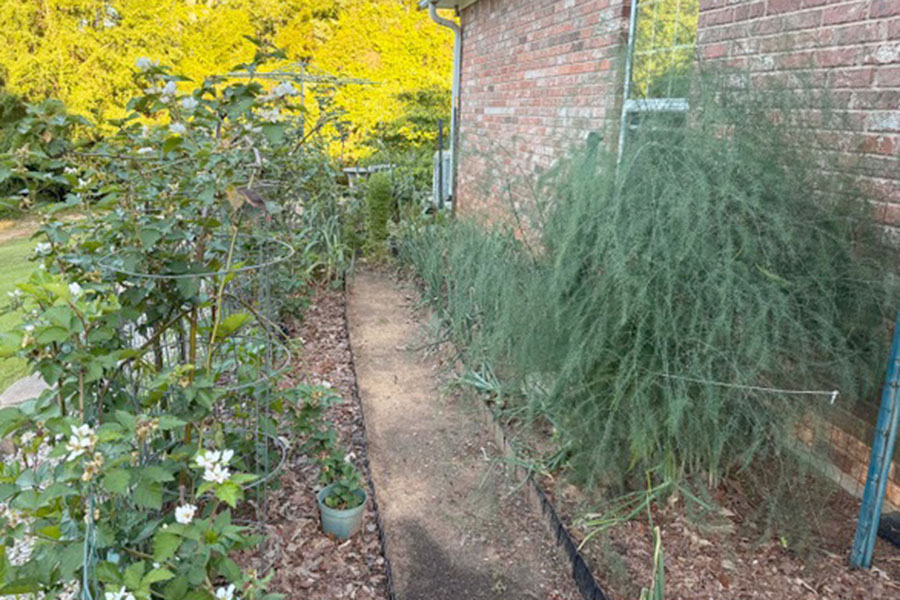


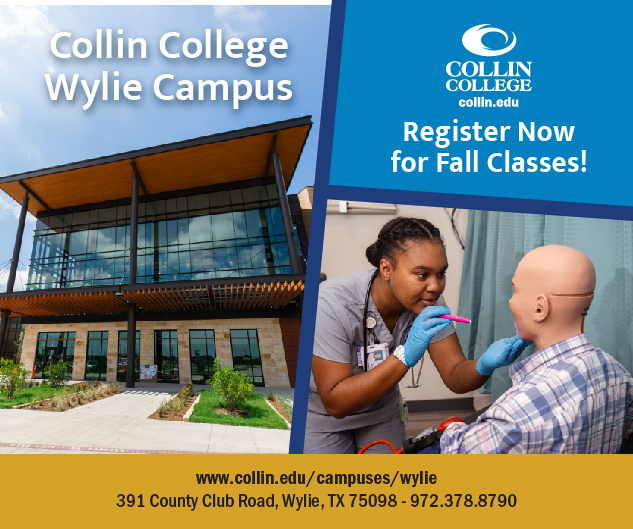

0 Comments